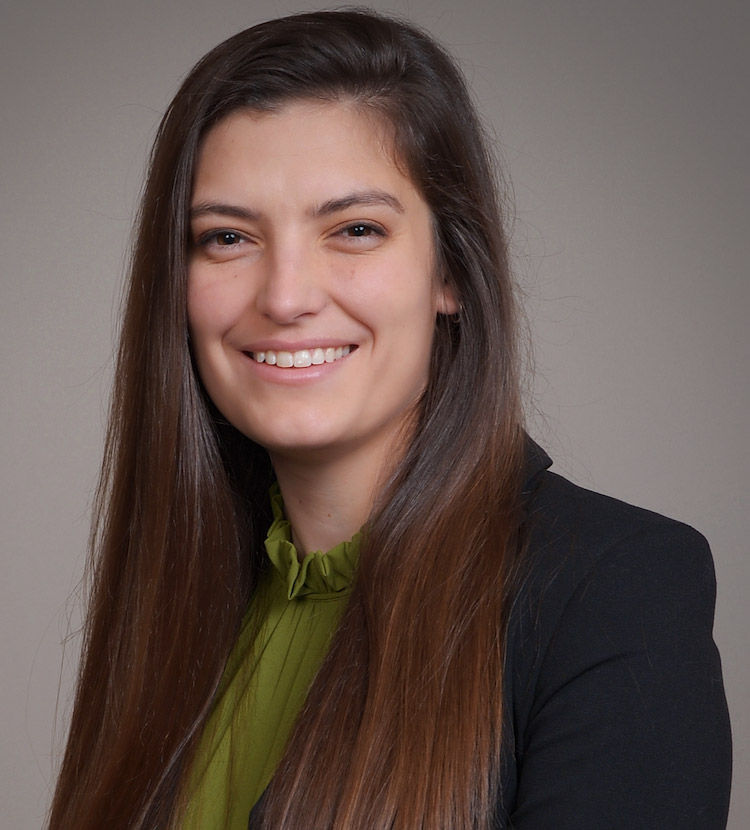Dr Jennifer Karlow
Dr. Karlow received her Bachelor of Science degree in 2014 from Truman State University (TSU) where she majored in Biology and minored in Mathematical Biology.
During her undergraduate years, she participated in the National Science Foundation-funded Mathematical Biology program at TSU, which exposed her to the utility of computational tools in addressing important biological questions, ultimately shaping the remainder of her coursework to center around math and computer science in addition to biology.
Following that interest, she later participated in the Leah Menshouse Springer Summer Research Program at the Siteman Cancer Center where she further developed her computational skills by applying machine learning techniques to analyze patterns of treatment-resistant breast cancer.
Motivated to continue her studies in computational cancer biology, Dr. Karlow went on to complete her Ph.D. in Computational and Systems Biology at Washington University under the mentorship of Dr. Ting Wang, supported in-part through two awards: one from the Siteman Cancer Center (supported as a Cancer Biology Pre-Doctoral trainee) and one from Washington University (supported as a Precision Medicine Pathway trainee).
The objective of her thesis work was to better understand how cells undergo epigenetic reprogramming across cancer types and through tumor progression into metastasis. As a graduate student, she expanded her computational skill set by performing comparative analyses of multi-omic datasets across different cancer types and throughout cancer progression. In addition, she worked with other talented members of the laboratory to help improve -omics data visualization by helping create the WashU Virus Genome Browser during the coronavirus pandemic, in addition to serving as a teaching assistant for the graduate-level Computational Molecular Biology course and mentoring a Meharry medical student in computational techniques as part of the Washington University School of Medicine-Meharry Summer Research Program.
Dr. Karlow’s time in the Wang laboratory exposed her to the vast roles transposable elements (TEs), largely understudied, repetitive portions of the genome, play in evolution, development, and disease. She therefore joined the laboratory of Dr. Kathleen Burns at Dana-Farber Cancer Institute in February 2021 to pursue her postdoctoral work focused on studying the contribution of the TE long interspersed element-1 (LINE-1) to the formation and progression of ovarian cancer. Inspired by work revealing that many ovarian cancers originate in the fallopian tubes where they robustly express LINE-1 as the cells become cancerous, Dr. Karlow’s research aims include globally profiling changes in TE regulation in ovarian cancer cell transformation models, assessing the roles of LINE-1 in tumor establishment, and conducting multi-omic comparisons of longitudinal TE regulation and tumor evolution modelling using patient samples.
Dr. Karlow’s first year of postdoctoral training was supported by a National Institutes of Health T32 training grant through Harvard Genetics, and her work will continue to be supported by a fellowship from the American Cancer Society, beginning July 2023.

